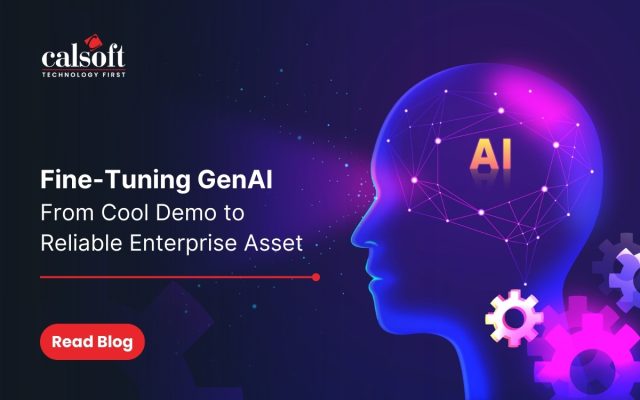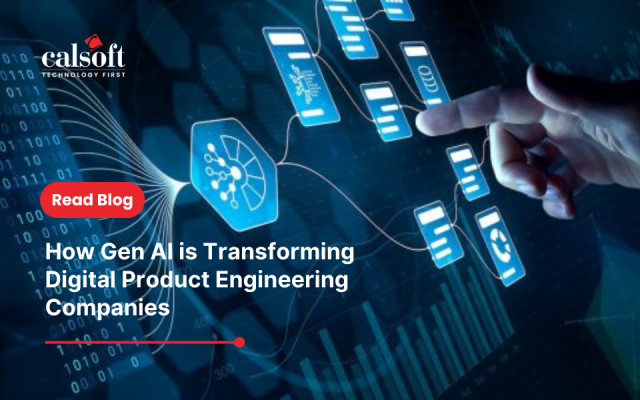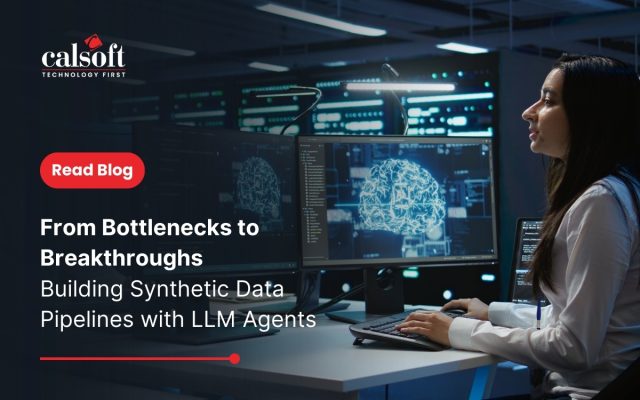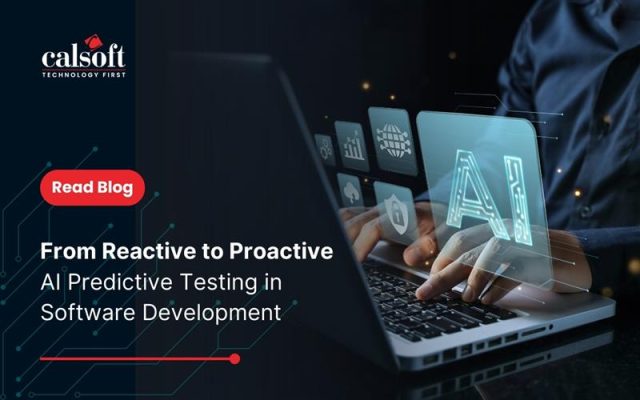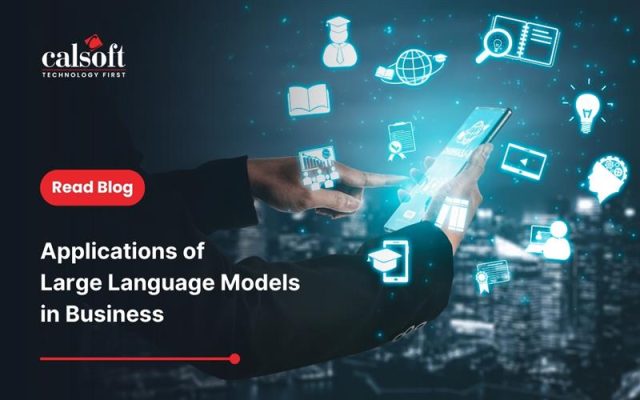The storage industry has been going through a lot of dynamism and churn recently. The dynamism within this domain is further fueled by mergers and acquisitions (M&A). In the past, this industry has witnessed data storage M&A activities at a fierce rate. But things have changed now; both acquirers and targets have thinned out.
However, we have seen some significant deals this year which may set trends in the data storage industry in the years to come. In 2016, we observed some key acquisitions, primarily in the all-flash domain. This was the year when companies started realizing the benefits of software features in their storage products, whether it was all-flash / SSD technology or software-defined anything. 2017 will be an exciting year for all software companies as enterprises will look forward to key players doing exceptional work in their respective domains.
Calsoft Whitepaper: Software Defined Storage-Quality Assurance
Here’s a glimpse at some key data storage acquisitions that took place in 2016:
Dell and EMC merger completed
These two storage industry giants completed their merger in September. The new entity formed has a lot of overlapping storage products, so clearly there will be some products which will be merged and some which will phase out. With time we will see its impact on the storage industry and its M&A spectrum.
Western Digital acquired SanDisk
Things were not looking great for WD’s mainstream hard-drive products. They were losing their market share. With this deal, WD entered the all-flash array market and will try to re-gain its market share. Although for now, they look like a minor player in that domain.
Broadcom buys Brocade
Flash / SSD and Ethernet-based products have changed the face of the storage industry. This has given the SAN industry segment a tough time, leading to some major M&As between smaller players working in the Fibre Channel (FC) space. Brocade was a major switch player in the SAN market. Its acquisition, followed by Broadcom’s purchase of Emulex in 2015, will surely give Broadcom a complete portfolio of FC network products.
NetApp acquired SolidFire
NetApp finally agreed to the acceptance of all-flash products. Its acquisition of Solidfire, an all-flash startup, will help them stay relevant in the storage industry. With Solidfire’s all-flash capabilities, NetApp will look forward to boosting the performance of its products (which are currently in use with block storage on SAN), and re-level with industry products.
Pivot3 buys NexGen
Hyperconverged infrastructure / appliances are hot items in today’s storage industry. Pivot3’s acquisition of NexGen not only serves as evidence, but also confirms the acceptance of all-flash technology in storage products. With the inclusion of NexGen, Pivot3 will look forward to adding all-flash capability, among other things, to its HCI platform. However, Pivot3 competitors have already included this feature in their products; hence NexGen AFA will have to provide an extraordinary performance boost to make this acquisition a success for Pivot3.

